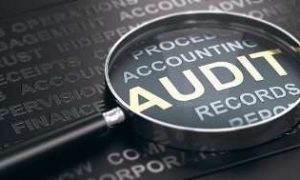Investing activities refer to any transactions that directly affect long-term assets. This can include the purchase of a building, the sale of equipment, or investing in stocks. Once completed, these activities are then reported on a company’s cash flow statement. Anytime that the purchase of a long-term asset occurs, it reduces company cash flow from assets, while the sale of a long-term asset increases cash flow…
Calculating cash flow from investing activities







